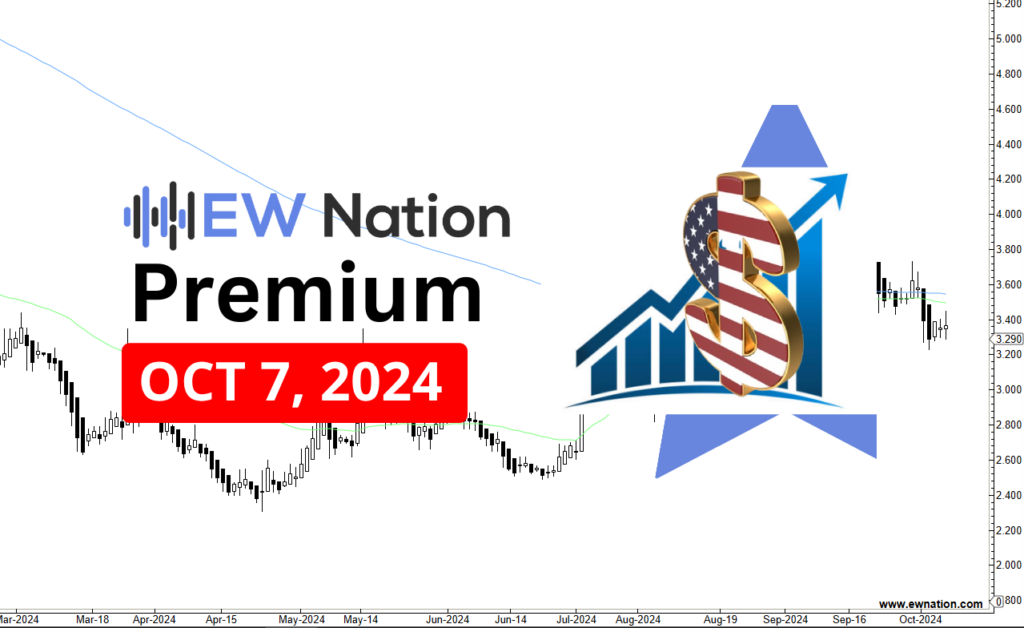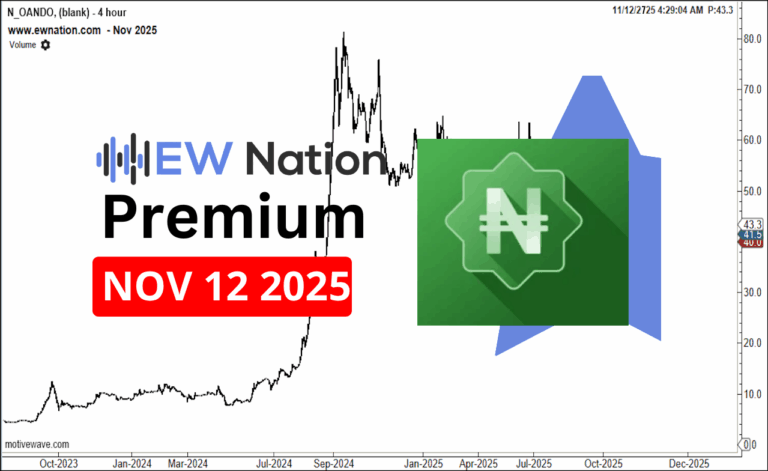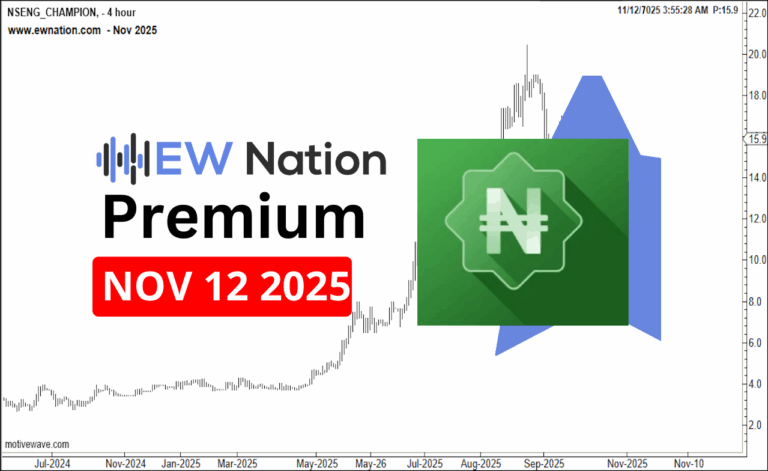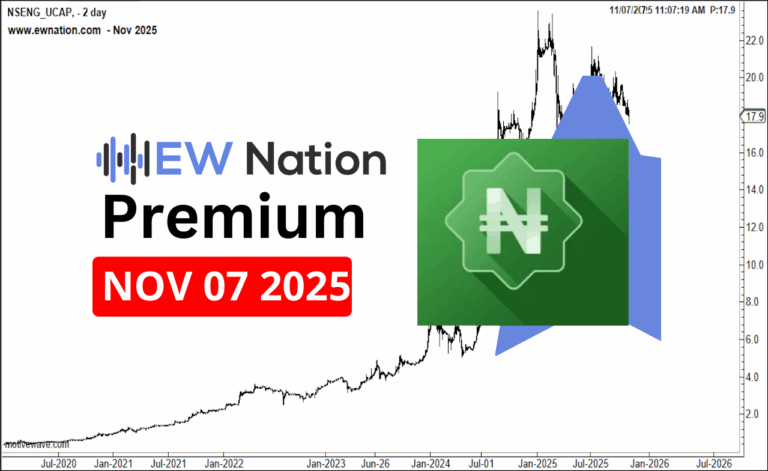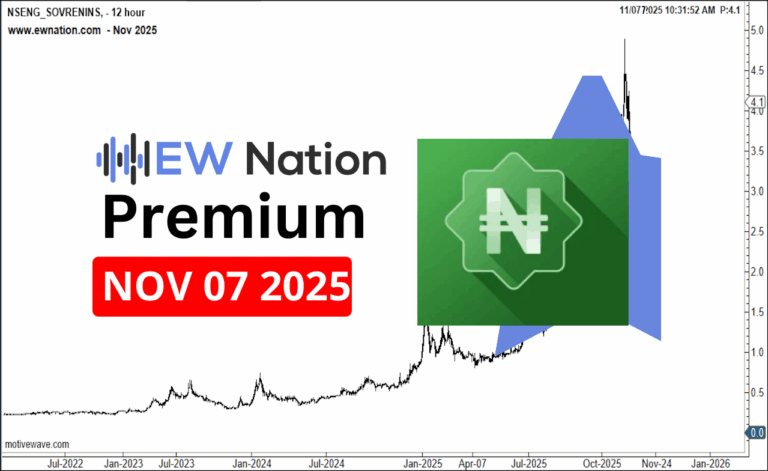Lucid Group Inc., a prominent player in the electric vehicle (EV) market, has faced a turbulent journey since going public. Known for its luxury electric sedans, especially the Lucid Air, the company is attempting to carve out a niche in the competitive EV space. However, similar to other EV makers, Lucid has experienced significant volatility in its stock performance, driven by supply chain constraints, production delays, and macroeconomic pressures. Despite these challenges, analysts are beginning to see potential for the company’s long-term growth as production ramps up.
In its latest financial results, Lucid reported revenue of $150.9 million, a notable increase from $97.3 million in the prior quarter, reflecting the company’s continued efforts to scale up production and meet growing demand. However, the company’s net loss widened to $764 million, up from $670 million in the same period last year. The increase in losses is largely attributed to higher production costs and capital expenditures as Lucid continues to expand its manufacturing capabilities, including its Arizona plant.
A key financial metric that has raised concerns among analysts is Lucid’s cash burn rate. The company’s free cash flow fell to negative $800 million, as it continues to invest heavily in production, R&D, and expansion efforts. With approximately $5.5 billion in cash and cash equivalents, Lucid is financially positioned to weather the current storm, but its path to profitability remains uncertain as it ramps up production to meet targets and combat rising competition.
Lucid’s gross margin remains under pressure, currently at -50%, highlighting the company’s struggle to achieve economies of scale. Despite these headwinds, Lucid is receiving attention for its technology and design, which have been praised as some of the best in the EV market. Additionally, Lucid’s partnerships, including those for battery technology and autonomous driving, could provide long-term growth opportunities as the company looks to diversify its offerings and move beyond just luxury sedans.
While short-term sentiment remains cautious due to operational challenges and a broader market sell-off in the EV sector, many analysts believe that Lucid’s technological edge, luxury market positioning, and long-term expansion plans could lead to a rebound once production stabilizes and global supply chain issues ease. Investors will be closely monitoring the company’s ability to meet production targets and improve profitability as Lucid seeks to establish itself as a key player in the luxury EV market
Following the Elliot Wave pattern shown below, we expect further weakness in LCID towards to complete Wave 2 around the 2.6 – 3 region before the uptrend can continue.

